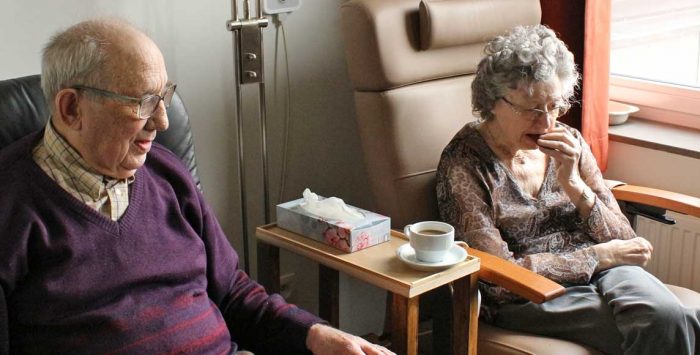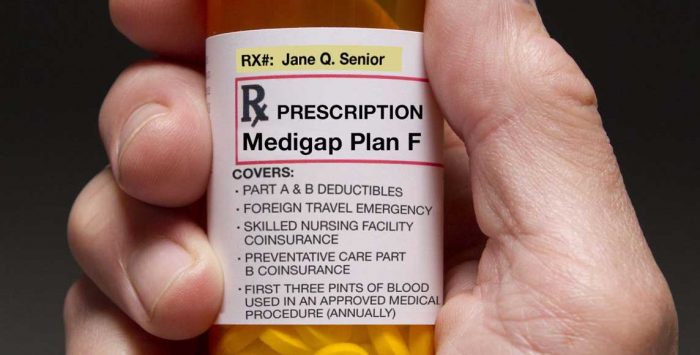What are activities of daily living?
Activities of daily living refers to such activities as bathing, getting dressed, using toilet facilities, eating and moving place to place. Health professionals may gauge the functional status of an individual by their ability to perform ADLs.
A person who is unable to perform ADLs may need custodial care. This is not covered by Medicare, although that person’s medical needs — as opposed to custodial needs — would be covered by Medicare as long as the person is enrolled in Medicare.
So nursing home care is not covered by Medicare, since it’s intended to provide assistance with ADLs. (Seniors in nursing homes still receive coverage under Medicare when they need medical care, but the cost of the nursing home itself is not covered by Medicare.)
Medicaid does cover custodial care, for people with low income and assets. So seniors who need assistance with ADLs and who deplete their resources and have low incomes are often covered by both Medicare and Medicaid.
As an alternative to using up your resources in order to qualify for Medicaid if you eventually need assistance with ADLs, you can purchase a private long-term care insurance plan, or save money earmarked for paying for long-term care.





